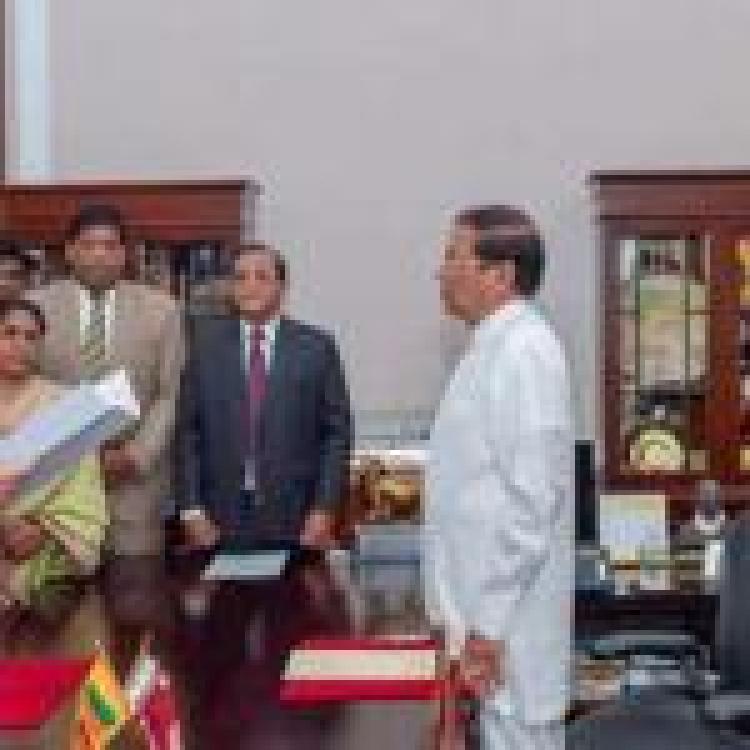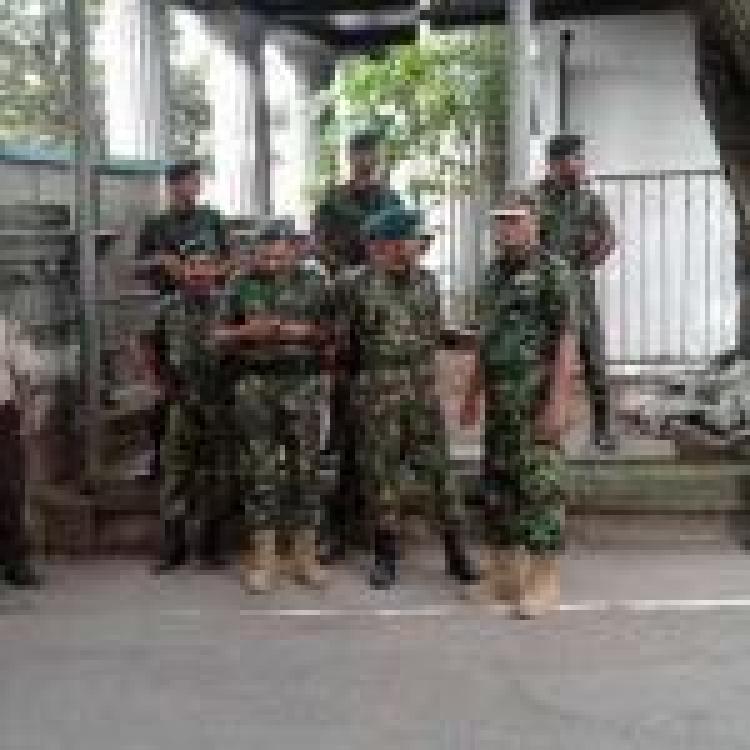<p>Sri Lanka's former president, Mahinda Rajapaksa warned the Tamil National Alliance (TNA) "holds the remote control in parliament", adding that the United National Party "has been taken hostage by the TNA". </p>
<p>"If they do not adhere to the diktat of the TNA, the UNP minority can lose their parliamentary majority at any moment," Rajapaksa wrote in his resignation letter, as he stepped down from his disputed appointment as prime minister. </p>
<p>He went on to warn that though "some have expressed the view that it will be possible to minimise the damage done by the UNP because the President is no longer with them, we must realise that there is much that the UNP-TNA coalition can do without informing the President". </p>
<p>"We should bear in mind that back in 2002, the then UNP government singed a ceasefire agreement with the LTTE without informing President Chandrika Kumaratunga. </p>
<p>Rajapaksa's stoking of ethnic tensions was met with concern by Tamils, who felt his resignation did not mark at end to his presence in the political arena. </p>
<p>His party members and supporters have criticised the TNA's position as the official opposition, arguing that since the party's backing of the UNP in the past two months, they were with the government. </p>
<p>“We witnessed the TNA voting in favour of the confidence motion in support of Ranil Wickremesinghe. They cannot continue to be like this. If they are to play the role of the opposition they should work against the government,” the SLPP MP, Kanchana Wijesekera told reporters. </p>
<p>MP S B Dissanayake called for the opposition post to be handed to Rajapaksa. </p>
<p>"The Tamil National Alliance had no right to hold the opposition post in parliament because they were acting according to the whims and fancies of the UNP," Dissanayake told the Daily Mirror. </p>
<p>Criticising the UNP's postponing of elevtions, Rajapaksa said "no one has any inkling in such a way that those elections will be held."</p>
<p>"The law has been manipulated in such a way that those elections will be put off indefinitely."</p>
We need your support. Every contribution counts.
Sri Lanka is one of the most dangerous places in the world to be a journalist. Tamil journalists are particularly at threat, with at least 41 media workers known to have been killed by the Sri Lankan state or its paramilitaries during and after the armed conflict.
Despite the risks, our team on the ground remain committed to providing detailed and accurate reporting of developments in the Tamil homeland, across the island and around the world, as well as providing expert analysis and insight from the Tamil point of view
We need your support in keeping our journalism going. Support our work today.



